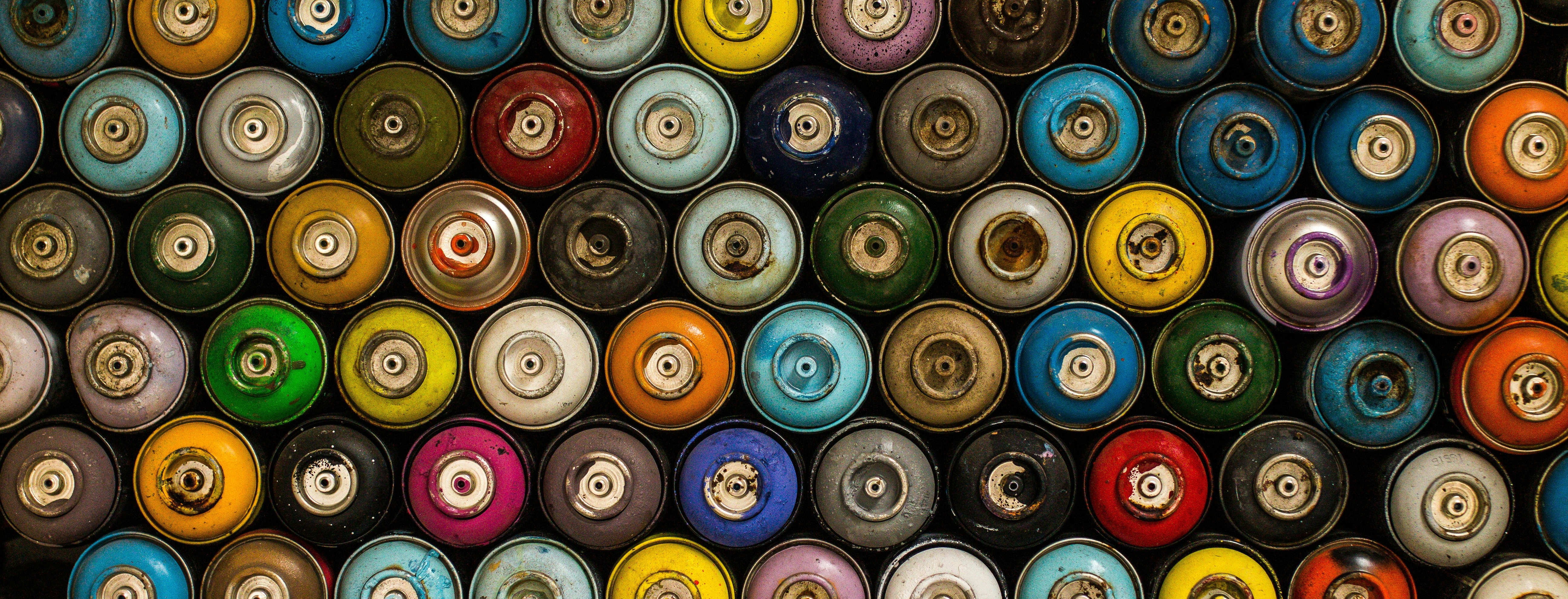Typifications of people are pointless
But I still use them sometimes
Ivan Elfimov, 2024-03-17, 2m (352 words)
 A bunch of spray paint cans stacked on top of each other
A bunch of spray paint cans stacked on top of each other
From MBTI to Astrological Zodiacs, from Jungian archetypes to Tarot cards, from Socinics/OCEAN/RIASEC/FIRO-B to Doshas/Numerology/Colors/Animals. People come up with typifications of people all the time. That is, they come up with abstractions. And we already know from Joel Spolsky that all non-trivial abstractions are “leaky”, their rules stop working under certain conditions. Why then do we keep inventing and using typifications?
Because typifications help us make a little more comprehensible chaos out of total chaos. Typifications help us to take a break, to catch our breath when there seems to be no order to things. Typifications make us look at the situation from a different perspective. In the context of a team development, typifications help us better understand the team’s potential strengths and weaknesses.
Once in a management course I was told about DiSC® (Dominance, influence, Steadiness, Compliance). At about the same time, I was reading about Hinduism and discovered the remarkable similarity of these terms to the first four Chakras, which in turn are associated with the elements: earth, water, fire, and air. For some reason colors for chakras are more logical, then the colors used for DiSC. As if DiSC was actually a non-scientific approach and Chakras were based on physics.
I remember from my time as a teamlead, how I evaluated the whole team according to DiSC, Chakras, Archetypes and even animals. Each time I came to roughly the same conclusions. There was always a majority of one type in the team. I made conclusions and tweaked the hiring strategy a bit. But it didn’t change anything drastically, although it was an interesting exercise, there was a feeling of a little more control over the situation. Typification didn’t change my individual approach to each team member. I couldn’t make myself act as if the person is suddenly a character from a bad RPG with only one skill branch maxed out.
Typifications are great, because they give us a different perspective. Typifications are traps, because individuality is lost in them.
I think nobody should believe in typifications. I also think that everybody should try to typify the people around them.